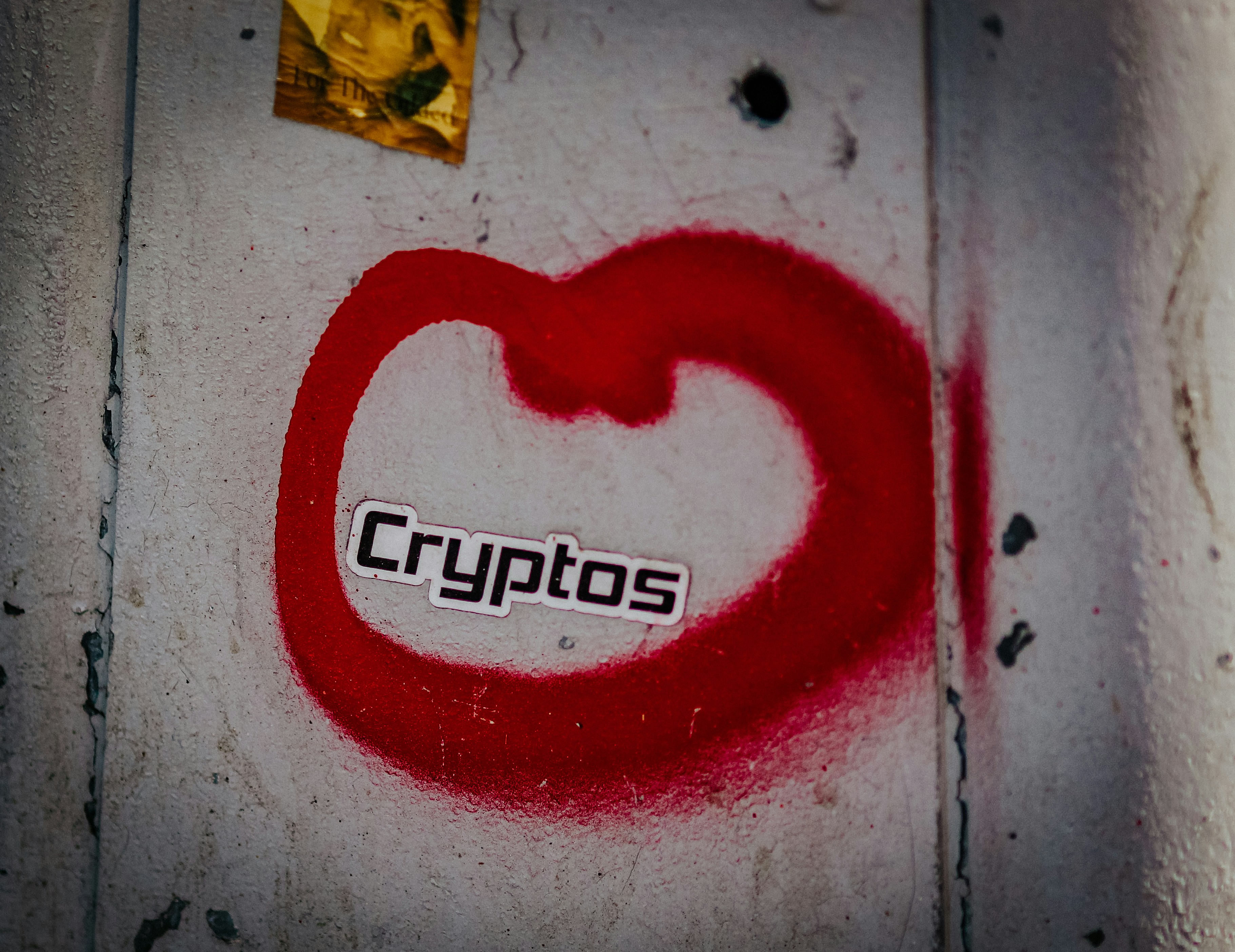What’s Driving the Global Crackdowns
Governments aren’t just paying closer attention to crypto gambling they’re tightening the screws. Across the board, regulators are drawing a hard line between innovation and criminal opportunity. As digital assets grow more mainstream, so do concerns about their misuse. Crypto gambling platforms have become a magnet for money laundering operations, tax evasion strategies, and lightly monitored capital flows.
It’s not just national governments cracking down. Groups like the Financial Action Task Force (FATF) are applying real pressure on countries to fall in line. Jurisdictions that once looked the other way are now being pressed to implement strict compliance measures, or risk getting blacklisted. That means more KYC requirements, transaction tracking, and fewer blind spots for unregulated operators.
The global message is clear: crypto can’t be a loophole. And gambling because it moves money fast and anonymously sits dead center in the enforcement spotlight.
Where Regulation Is Hitting Hardest
Crypto gambling has officially moved from the fringes into crosshairs. In 2024, key markets like Asia, the EU, and North America are moving fast to firm up their stances some with outright bans, others with licensing schemes, and a growing number with stricter enforcement of existing gray area rules.
In Asia, jurisdictions like China maintain a zero tolerance approach: full bans, backed by aggressive takedowns of platforms and coordinated cross border enforcement. South Korea and Japan are more nuanced. South Korea leans toward regulatory frameworks, albeit slow moving. Japan allows crypto trading under specific licenses, but gambling with crypto still exists in murky legal territory.
The EU has shifted from passive to proactive. Germany and the Netherlands are cracking down hard, requiring crypto gambling outfits to meet the same standards as fiat ones. Others, like Malta once a safe haven are reevaluating their position amid growing international scrutiny.
In North America, Canada’s provinces are setting their own licensing systems (Ontario being most active). The United States, on the other hand, is fragmented. While certain states allow online gambling, the federal level remains uncharted and increasingly hostile to crypto based platforms. The SEC and FinCEN have already started tightening oversight where crypto crosses into wagering.
Across the board, the message is clear: governments are no longer tolerating ambiguity. The gray area is shrinking. What used to be a regulatory blind spot is now a heavily monitored space.
For details and jurisdiction by jurisdiction updates, see the Full overview of recent regulatory crackdown updates.
How Crypto Casinos Are Responding

Crypto gambling platforms aren’t standing still. As global regulation tightens, they’ve pivoted fast sometimes under the radar, sometimes in plain sight.
First, the VPN arms race is in full swing. As more jurisdictions geofence access to crypto casinos, users are countering with VPNs and proxy services. In turn, platforms are building better geo blocking tools, but it’s a cat and mouse game. Where regulation draws a line, users find the workarounds.
To get ahead of enforcement, many platforms are also adopting KYC (Know Your Customer) protocols at least partially. They’re trying to thread the needle: enough compliance to stay under the radar, while still appealing to users who value privacy. Others are leaning into decentralization, removing centralized choke points that authorities could target.
Hybrid models are gaining ground too. Think traditional finance meets DeFi credit card on ramps feeding into decentralized wallets, or licensed front ends masking blockchain based back ends. These setups offer more regulatory breathing room while keeping the UX familiar to mainstream users.
Then there’s regulatory arbitrage. Casino operators are relocating to jurisdictions that look the other way or offer clearer, friendlier paths to licensure places like Curaçao, Malta, or parts of Southeast Asia. It’s less about hiding, more about optimizing. In a fragmented global legal landscape, choosing your home base wisely can be the difference between thriving and sinking.
Risks and Fallout for Players
If you thought crypto made gambling untouchable, think again. Crackdowns in 2024 have shown that anonymity is more of a myth than a shield. Asset freezes are happening, often without much warning. All it takes is someone in a gray zone being flagged by their bank, or an exchange complying with a new regulation in a hurry.
Account bans are also picking up speed. Platforms that used to look the other way are now tightening KYC enforcement to avoid blowback. That means fewer options for flying under the radar and a higher chance of suddenly losing access to your funds.
Legal consequences vary wildly depending on where you live. In some places, using a crypto casino could get you a fine. In others, it’s a criminal offense. Most users don’t know where the lines are until they’ve already crossed them. And good luck explaining to your local tax office why you have six figure crypto earnings tied to offshore gambling wallets.
Speaking of offshore: don’t bet everything on those platforms being immune. Just because they’re based in lenient jurisdictions doesn’t mean you’re in the clear. Governments are starting to apply pressure on hosting providers, payment rails, even domain services. Being overseas is not a guarantee it’s a risk multiplier. If it sounds too safe to be real, it probably is.
What Could Happen Next
The regulatory microscope is zooming in on DeFi gambling platforms. Lawmakers are exploring how to bring decentralized casino style protocols under existing gambling and financial laws. Draft rules in several jurisdictions suggest things like enforcing smart contract audits, requiring DAO level accountability, and mandating some form of KYC even in systems without a central operator. None of it is final, but it’s on regulators’ radar, and the tone is shifting from hands off to “how do we police this?”
Meanwhile, NFTs and tokens aren’t getting a uniform treatment either. In some countries, gambling with NFTs is under fire. In others, they’re not classified as financial instruments yet. These gaps lead to confusion and inconsistent enforcement, leaving both developers and players exposed.
There’s also a slow but growing push for international cooperation. FATF and other financial watchdogs are pressuring countries to align their rules and share data. It’s early days, but movement toward unified standards could reshape the space entirely.
For ongoing updates and global policy changes, check out Stay current with expanding regulatory crackdown updates.
Navigating the Future
If you’re running a platform, investing in one, or just placing bets, the message is the same: don’t wing it. The regulatory net is tightening, and the days of plausible deniability are fading fast. Know where your platform is registered, who it’s licensed by (if anyone), and whether it can weather a compliance sweep.
For platforms, staying ahead means more than just following existing regulations it means building with flexibility and transparency baked in. Compliance isn’t just a legal requirement; it’s a competitive edge. Users trust platforms that show their paperwork. Investors back teams that can navigate red tape without folding.
Legal transparency matters too. Vague policies and half baked disclaimers are risky liabilities. Clear terms, strong KYC, and provable backend audits are becoming table stakes. If you’re hoping to stick around in this space, you have to be able to show your receipts literally and figuratively.
Lastly, ethical innovation isn’t a buzzword it’s the only way forward. Designing systems that protect user privacy without enabling abuse is part of the gig now. Crypto gambling can still evolve, but it has to grow up. The wild west era is closing. Builders who see that will lead the next chapter.


 Content Strategist
Content Strategist
